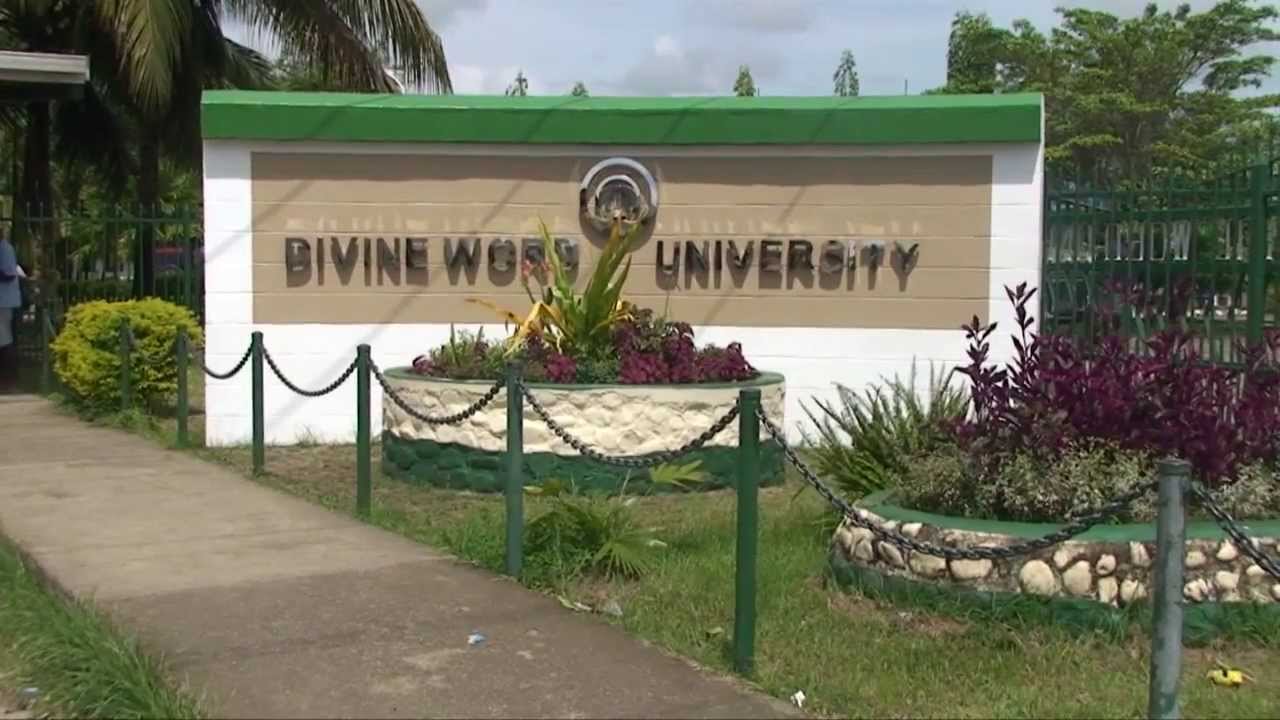NEWS
PNG STEM STUDENTS HEAD OVERSEAS FOR BRIGHT FUTURES
![]() By Joshua ARLO |
July 28, 2024
By Joshua ARLO |
July 28, 2024

Related News
LATEST NEWS



